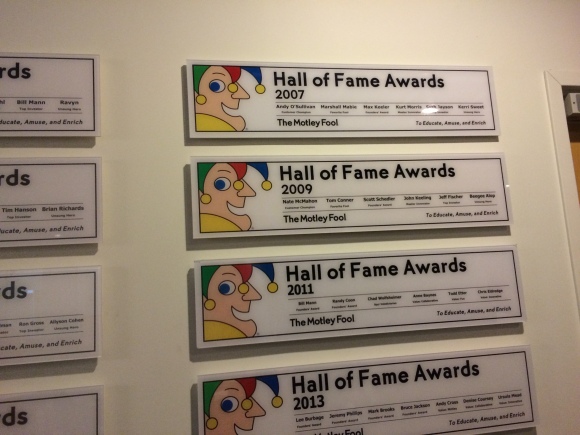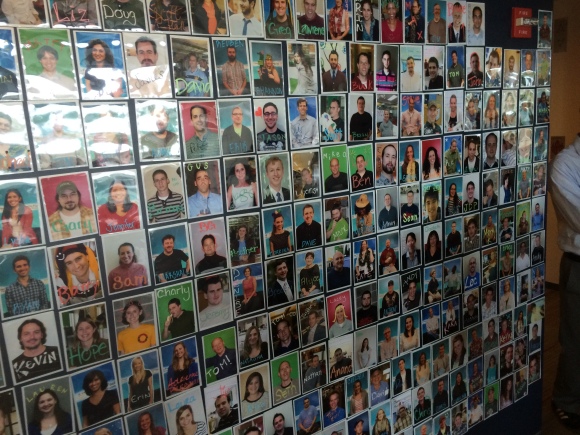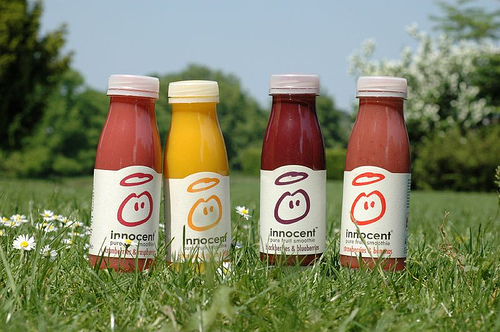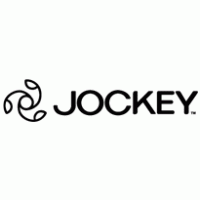For the past few years, I have been a strong believer that brand purpose, core values and culture are critical to an organization’s long-term success. Organizations that align these elements have been proven to be more effective in delivering financial results. Zappos and Innocent are two examples of brands who have built successful work cultures.
Many organizations have been able to develop purpose and values statements, but few brands have been able to consistently live their values and change behaviors. Enron had a vision and values statement that included lofty values such as respect, integrity, communication and excellence. In a New York Times article, James S. Kunen mentions a writer who, while struggling to draft a corporate values statement, threw up her hands in despair and observed: “Why not just come out and say it? ‘We will strive to make as much money as we can without going to prison.’”
“The writer was joking, of course. But had Enron’s leaders adopted her statement and lived by it, their employees and shareholders might be a lot better off today.”
A couple of weeks ago I had the opportunity to visit the Motley Fool Corporate Headquarters in Alexandria Virginia. I participated in the Foolosophy Culture Tour which is held on the first Friday of every month. The Motley Fool is a brand committed to living its purpose and values everyday through their interactions with each other and its members and subscribers.
The Motley Fool is a privately owned multi-media financial services company dedicated to building the world’s greatest investment community. The Motley Fool reaches people each month through its website, books, newspaper column and subscription newsletter services. The Motley Fool advocates for individual investors. The company’s name was taken from Shakespeare, whose wise fools both instructed and amused and could speak the truth to the king —without getting their heads lopped off.
The Foolosophy Tour is a 45 minute peek into the unique culture that makes the Motley Fool different and a great place to work. In 2013 and 2014, the Motley Fool was selected by Glassdoor as the best medium-sized company to work for in the United States. The tour highlighted Motley Fool’s core values and how the organization hires for them and fires for them. Their work environment was open and inviting. The workspace did not include offices, even for the most senior leaders. Each stop on the tour featured one of the organization’s core values. The tour guide shared stories of employees and leaders and their success and challenges in living their values on a daily basis.
One of my favorite parts of the tour was the wall outside the boardroom that featured pictures of every employee in the company. As decisions were made by the board they couldn’t help but look at the people whose work lives were impacted. The Motley Fool was one of the most human and engaging work environments that I have ever visited.
Motley Fool has a simple purpose: “To Help The World Invest Better”. The company has six core values that help guide their behavior:
- Collaborate – Do great things together.
- Innovate – Search for a better solution. Then top it!
- Fun – Revel in your work.
- Honest – Make us proud.
- Competitive – Play fair, play hard, play to win.
- Motley – Make Foolishness your own. Share your core value _____________.
The tour guide emphasized that the Motley Fool had a competitive performance based culture that was a great place to work while delivering financial results. She also admitted that the Motley Fool Culture was not perfect but that they were always working on tangible ways to implement their values.
It was an inspiring morning, but I learned an important lesson. The road to an effective employee culture is always under construction.
Can you think of other brands, that have been successful in building a values based culture?








